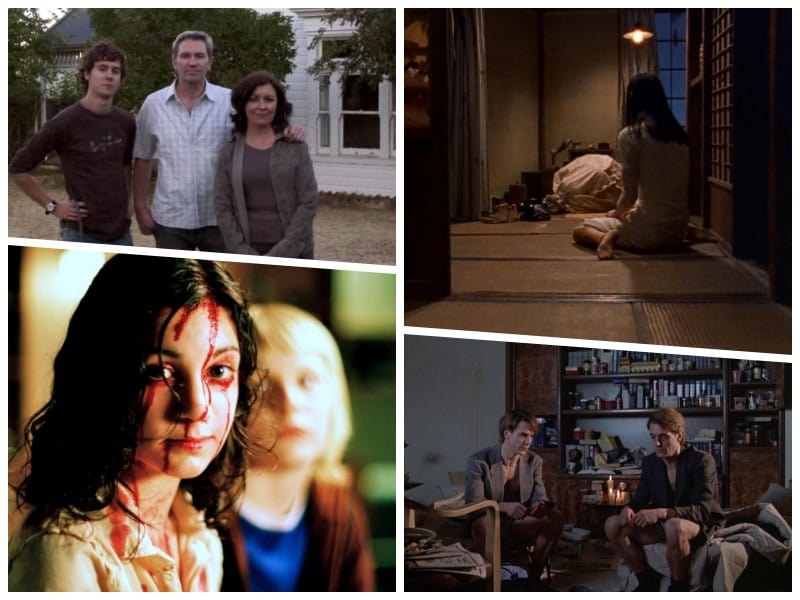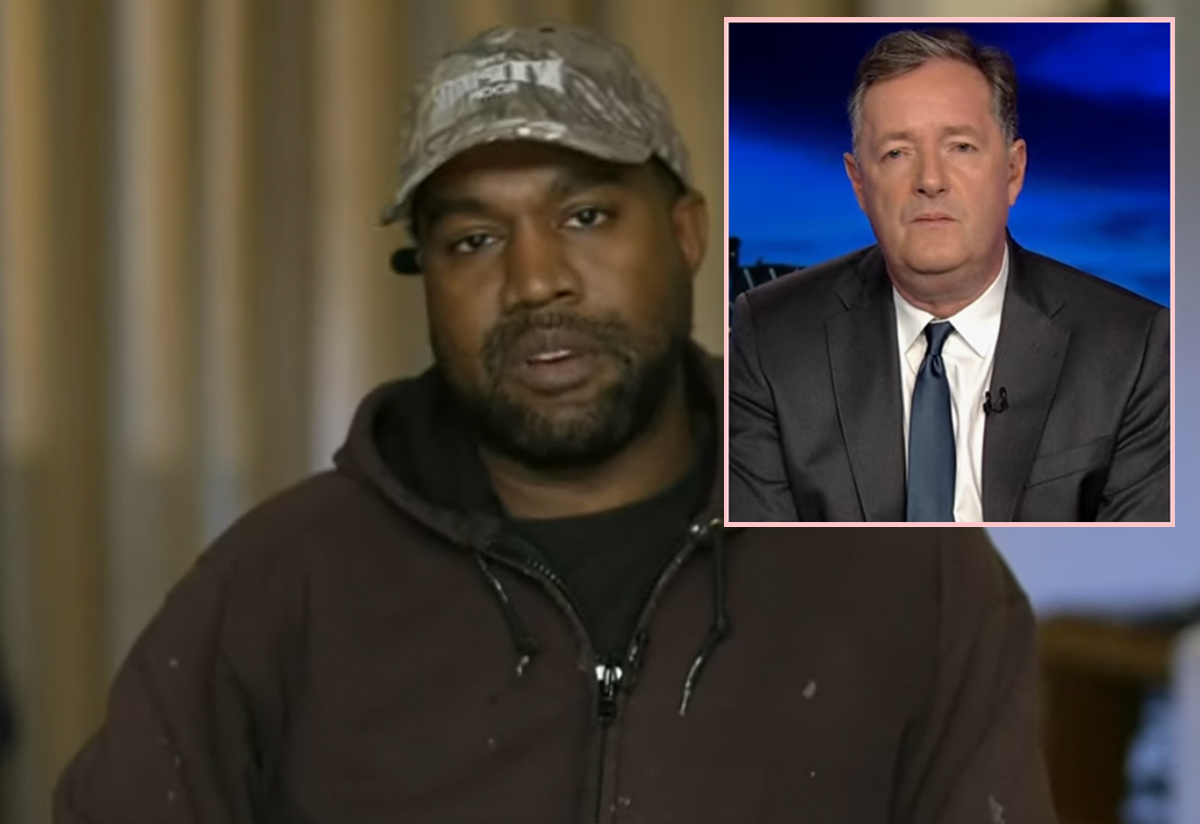#Years After Becoming the First Black Director to Win an Oscar, Roger Ross Williams Says Hollywood’s Finally Calling

Table of Contents
Years After Becoming the First Black Director to Win an Oscar, Roger Ross Williams Says Hollywood’s Finally Calling
It’s two months into 2023, and Roger Ross Williams has just landed in his home state of New York from the Berlin Film Festival, where he debuted his latest documentary, about music superstar Donna Summer. Before that, he had alighted in Los Angeles at the Academy Museum, where he posed on the red carpet with Oprah Winfrey at the premiere of Hulu’s The 1619 Project, after the Sundance Film Festival screening of his narrative directorial debut, Cassandro. The Park City stop took place at the back end of a trip to Pasadena for the TCAs, where he presented projects from his prolific One Story Up production banner.
“This is the busiest my career has been,” says Williams. It was only a decade earlier that the filmmaker had an Oscar to his name but was sleeping on a friend’s couch, unable to raise money for his first feature documentary, God Loves Uganda. His win for documentary short for Music by Prudence was historic — Williams became the first Black director to be awarded an Oscar — and was the talk of the morning show circuit after the film’s producer barnstormed the mic and interrupted his speech (more on that later). Still, his phone wasn’t ringing.
“The people who are making the decisions — the agents, the studio heads — they don’t look like me. They couldn’t identify and connect with someone who looked like me. They just didn’t think of me. So they didn’t call me,” he says of his 2010 win. “I made them see who I am and never let up.”
***
Williams grew up in Easton, Pennsylvania, raised by a single mother who worked as a maid. After graduating from New York University, Williams spent much of his early career directing and producing segments for Michael Moore’s TV Nation as well as PBS, NBC, CNN and ABC. “What I identify with is people who society has left behind,” says Williams. Documentary subjects have included an autistic man who interprets his world through the prism of classic Disney animation (Life, Animated), the American evangelical movement in Uganda and its effects on the country’s LGBTQ community (God Loves Uganda) and a disabled Zimbabwean singer who fronts a group of fellow African musicians as seen in Music by Prudence.
Accepting his Oscar for Prudence, Williams ascended the stage at the Dolby Theatre and was about 10 seconds into his speech when producer Elinor Burkett edged her way to the microphone and started talking. At that point, Williams and Burkett had not spoken for some time, with Burkett having had creative differences with Williams and distributor HBO. Those differences resulted in a lawsuit that was settled out of court, leaving Burkett with a producer credit on the film, but severing all other ties. At the ceremony, the Academy had asked that only one person from each filmmaking team speak, with others allowed to stand onstage. Williams was tapped to accept, which did not sit well with Burkett. Both director and producer spoke to multiple outlets after the event. “We should have been able to flip a coin on who would speak,” Burkett said on the The Joy Behar Show. Williams was invited to finish his speech on Larry King Live.

Michael Caulfield/WireImage
It’s hard to make out anything said by Burkett during the Oscar telecast, but, minus any business context, the optics were that a white woman interrupted the acceptance speech of the first African American director to win an Oscar. More than 10 years on, Williams often refers to the moment as a “blessing,” pointing out that the doc short has never been a must-watch category for viewers, and the uncomfortable incident garnered more attention for the film and filmmaker than an Oscar win alone would have. Still, he says he doesn’t want to be remembered as the guy who was Kanye’d at the Oscars a year after Kanye West interrupted Taylor Swift’s acceptance speech at the 2009 MTV VMAs: “The moment has probably influenced a lot of what happened to me after. I felt I had something to prove.” As to his trailblazing status, Williams adds: “It’s a shame that I was the first African American director to win an Oscar when there are so many incredible African American directors before me who should have won an Oscar — John Singleton, Spike Lee — what does that say about Hollywood and the Academy that it didn’t happen until I won for Music by Prudence?”
In 2016, Williams was voted into the Academy’s Board of Governors, representing the documentary branch. He walked into his first governors meeting, and “sitting there was Steven Spielberg, the governor of the directing branch, Tom Hanks, governor at the time of acting branch — a lot of powerful white men. I was one of the few Black faces in that room. I’d be lying if I didn’t say that I was completely intimidated.” He adds, “I’m not sure anyone in that room even saw me, but I had a seat at the table.” Williams would chair the subcommittee in charge of the Academy’s A2020 effort (established after the 2015 season, when all 20 of the acting nominations went to white actors), which was meant to double the number of women and people of color in the voting body. Critics pointed out that the effort would be noteworthy only if the Academy released membership metrics to let people know what, exactly, it was doubling. “The wider Academy is the wider Academy, but in the doc branch I had the opportunity to change things,” says Williams, who notes that during his time as governor, from 2016 to 2022, the doc branch achieved gender parity and upped its international membership to 30 percent.
Williams’ second Oscar nom came with the 2016 feature doc Life, Animated, and it was at this point that the industry as a whole started to take notice. The timing coincided with what would become an exponential boom in doc filmmaking, spurred by content-hungry streaming services in the late 2010s. After decades of chasing grant money or the limited private financing available to nonfiction filmmakers, Williams and documentarians finally had access to the studio funding that narrative filmmakers had long enjoyed. Before, “I was working for hire,” explains Williams. “I was leaving a lot of money and resources on the table because the production fees [were] going to other production companies.”
The couch Williams was sleeping on after his Oscar win belonged to Geoff Martz, an Emmy-winning news producer at ABC who produced Nightline, among other programs. “It just seemed wrong. It really did,” says Martz of Williams’ inability to land a project after his Oscar win. “Looking back now, that is why he wants to pay it forward. He wants to make it easier for people to get their start.”
Williams and Martz formed One Story Up in 2018, with the mission of producing nonfiction projects from BIPOC filmmakers throughout their careers. After launching, the company started slow, producing shorts and several episodes of Netflix’s The Innocence Files, a nonfiction series that explored cases of wrongful conviction, while developing works for the screen like Between the World and Me, an adaptation of Ta-Nehisi Coates’ book that was written as a letter to his teenage son about the American Black experience. After the 2020 murder of George Floyd, when studios began commissioning more projects from Black filmmakers, companies including Netflix, HBO and Hulu began flocking to Williams for guidance and content. Two years after launching the banner, Williams found himself on a Zoom call with Winfrey and Disney CEO Bob Iger, pitching the adaptation of The 1619 Project. (“When Oprah pitches, it’s to the heads of the company,” he says.) One Story Up now has 80 employees, and among its credits are the Netflix series High on the Hog and the Ben Crump doc Civil.
Recently, Williams has branched out into the world of narrative with Amazon’s Cassandro, based on his 2015 short doc about Saúl Armendáriz, a luchador who performs in drag under the name Cassandro. The project was chosen for Sundance’s Directors Lab, which counts the Coen brothers and Barry Jenkins as alums and pairs first-time feature directors with mentors to produce five scenes from their would-be films. Sundance Institute founder Robert Redford mentored Williams.

Courtesy of Sundance Institute
“The thing that I’ve feared the most was working with actors, but the first thing [Redford] said to me was, ‘Lean into your documentary skills,’ ” recalls Williams. “It’s harder with a documentary because you’re working with a real person. You’re trying to get them to a place where they reveal themselves. He said, ‘That’s exactly what you’re trying to do with an actor.’ ” Redford also helped storyboard the film’s sex scene, his illustrations of the shots now framed and hanging in Williams’ One Story Up office. THR‘s Sundance review of Cassandro, which will be released later this year on Amazon, notes that “Williams’ documentary background breathes grit and authenticity into the environment.”
A couple of years ago, Williams received an honorary doctorate at Pennsylvania’s Lafayette College — a homecoming of sorts. “My mother used to be a maid there, at one of the frat houses. Imagine being a maid at a frat house,” says Williams, who would help her clean after the patrician residents’ nights of hard partying. His mother was in the audience the day he accepted the honor, just as she was in the audience when he accepted his Oscar.
After this interview, Williams is headed upstate to the home in the Catskills that he shares with his husband, Casper de Boer. The property includes a nearly two-century-old barn and a pine grove, all of which doubles as a wedding venue — Roxbury Barn & Estate — run by de Boer. When Williams isn’t on set or at pitch meetings, he spends his time at home gardening or building stone walls: “That’s how I meditate. It’s like a giant puzzle.” Soon, though, he’ll be leaving again for Texas to screen Love to Love You, Donna Summer at SXSW, which is where he’ll be watching this year’s Oscars ceremony. “I hope that more people like me get a chance to be up on that stage. The Academy has a ways to go, we all know that. But I want to keep fighting for the Rogers of the world to get up on that stage.” He pauses, and then adds, “And actually be able to complete their speech.”

Photographed by Jai Lennard
This story first appeared in the March 8 issue of The Hollywood Reporter magazine. Click here to subscribe.
If you liked the article, do not forget to share it with your friends. Follow us on Google News too, click on the star and choose us from your favorites.
For forums sites go to Forum.BuradaBiliyorum.Com
If you want to read more Like this articles, you can visit our Social Media category.




